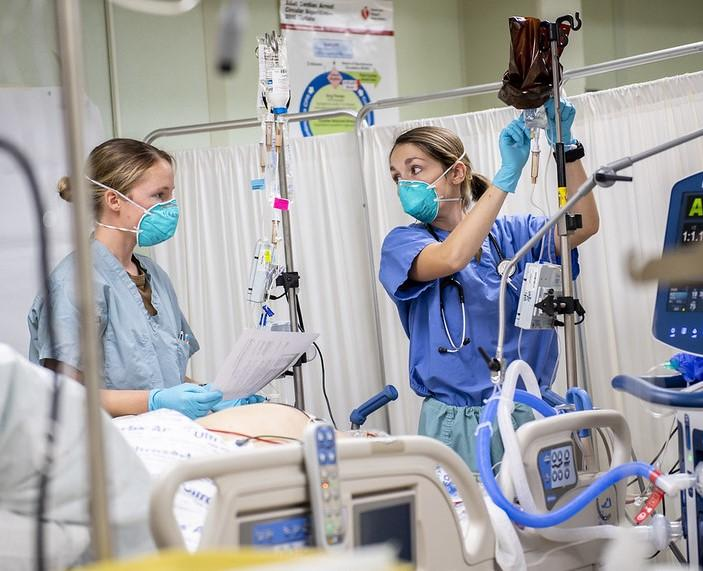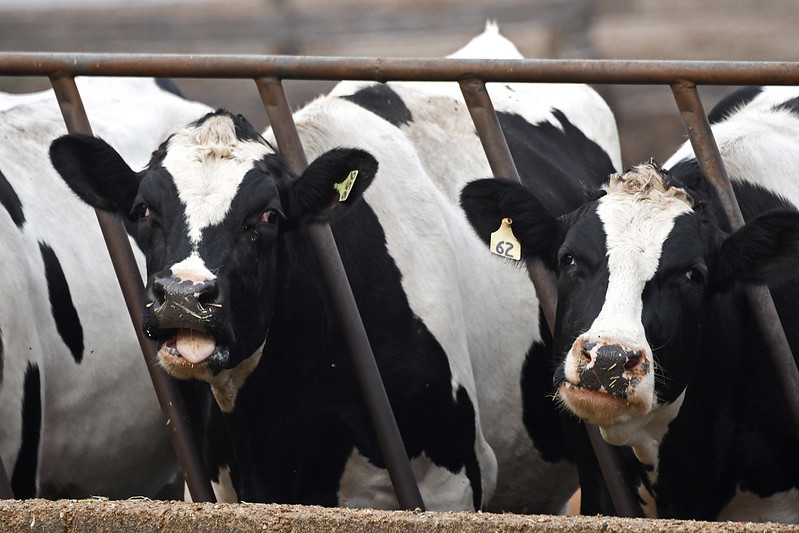The World Health Organization (WHO) said last week that Ghana has notified it of a human H9N2 avian flu case, marking the first zoonotic avian flu case reported from the country.

The patient is a 5-year-old girl who lives near the border with Burkina Faso and who became ill on May 5. Two days later, she was seen at a local hospital and treated for flulike illness. PCR testing on her respiratory sample was positive for H3N2 seasonal flu.
However, genomic testing identified the virus as H9 avian influenza, and additional testing at WHO collaborating centers in the United Kingdom and the United States confirmed the presence of H9N2 on August 6.
After the subtype was confirmed, regional health officials visited the patient, who was experiencing a new onset of respiratory symptoms. Serum and respiratory samples were negative for flu and the girl has recovered.
No known exposure to poultry
Investigators found that the patient had no known exposure to poultry or people sick with similar symptoms. Samples from close contacts were negative, and no related cases have been detected in the community.
Poultry illnesses have been reported from the region where the girl lives, but the cause hasn’t been confirmed. Ghana has reported low pathogenic H9N2 in poultry since 2017, the WHO said.
H9N2 is known to circulate in poultry, especially in Asia where sporadic infections are reported, mainly in children and mostly mild after exposure to poultry. The WHO said no sustained human-to-human H9N2 activity has been reported.














